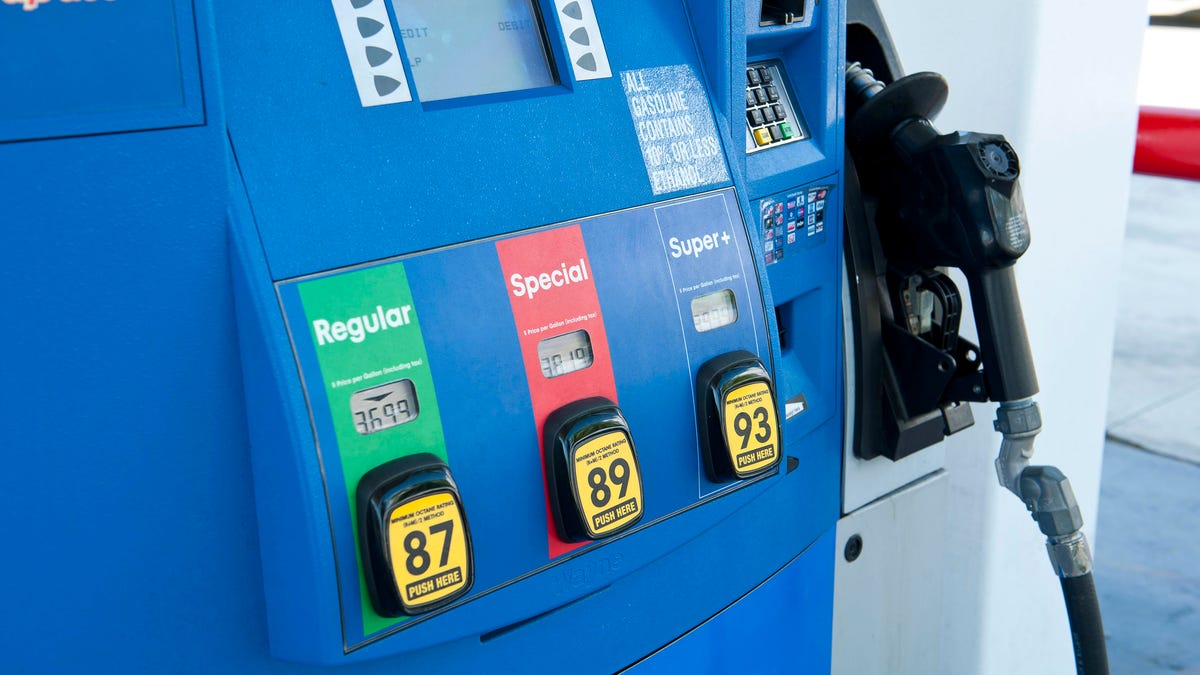Relaxed auto emissions standards might actually be harder to achieve
As if automakers needed yet another dash of confusion in their long-term planning.

Right now, there are different ways for automakers to achieve compliance with vehicle emissions standards that can increase consumer choice and add flexibility or variety to the system. But that could soon change in the alleged interest of making things easier.
The Trump administration's proposal to relax auto emissions and fuel-economy standards would also do away with that kind of flexibility, Bloomberg reports. These "compliance flexibilities" permit automakers to, say, roll out zero-emissions vehicles like electric cars in order to offset different, thirstier vehicles.
Changing the standards all willy-nilly like only introduces confusion to automakers' product plans, which are often laid out half a decade ahead of time.
The proposal, which was unveiled last week, plans to freeze fuel-economy and emissions standards at their 2020 levels for several years beyond that. Obama-era guidelines planned to make these standards stricter over time. This could be seen as a boon for automakers, which are facing a US consumer market hungry for crossovers and SUVs while gas prices remain relatively low.
Bloomberg notes that automakers and organizations were quick to denounce this limitation. GM, Honda and Toyota all suggested that this sort of flexibility is important in vehicle development, which of late has stressed building cars for global markets as opposed to local ones. Two groups representing a wide swath of automotive interests, the Alliance of Automobile Manufacturers and the Association of Global Automakers, have both noted the importance of domestic automakers remaining competitive outside the US.
While crossovers and SUVs are still quite popular, a growing number of Americans (and customers abroad) are shifting to hybrids, plug-in hybrids and battery-electric vehicles. There are some overlaps there, but allowing automakers to develop and sell a wider variety of vehicles would better cater to the manifold whims of buyers -- not just in the US, but around the world.
The government thinks that removing this flexibility would make it "easier to administer and more transparent," Bloomberg reports, which is a valid reason. The current system isn't exactly straightforward, with emissions-credits trading allowing thirstier automakers to buy their way to compliance from more efficient automakers, but clearly many in the auto industry view these proposed changes as a bridge too far in the effort to balance the current desires of the market with preparations for the future.

